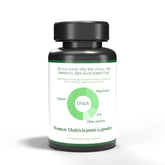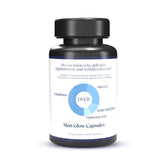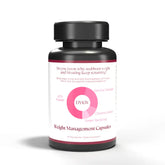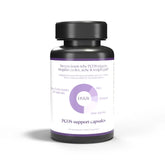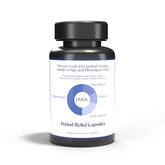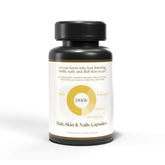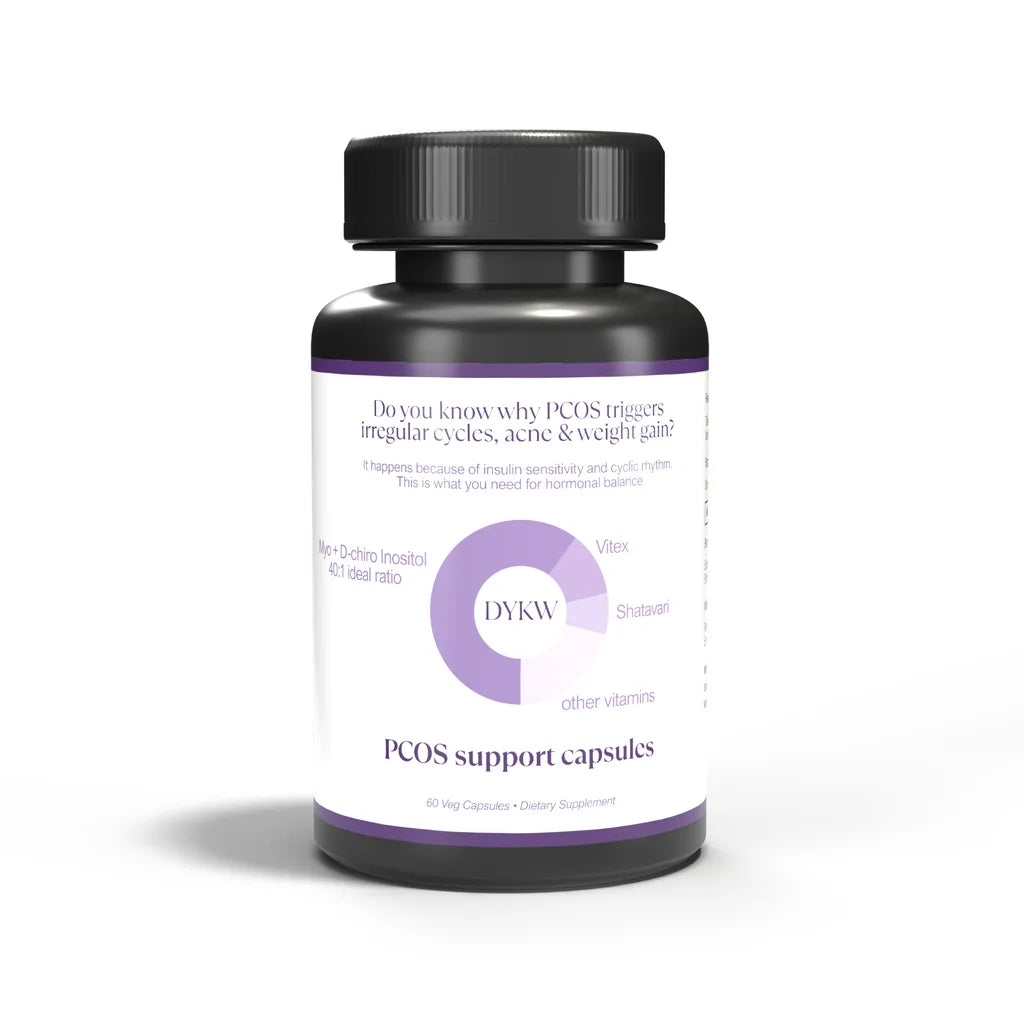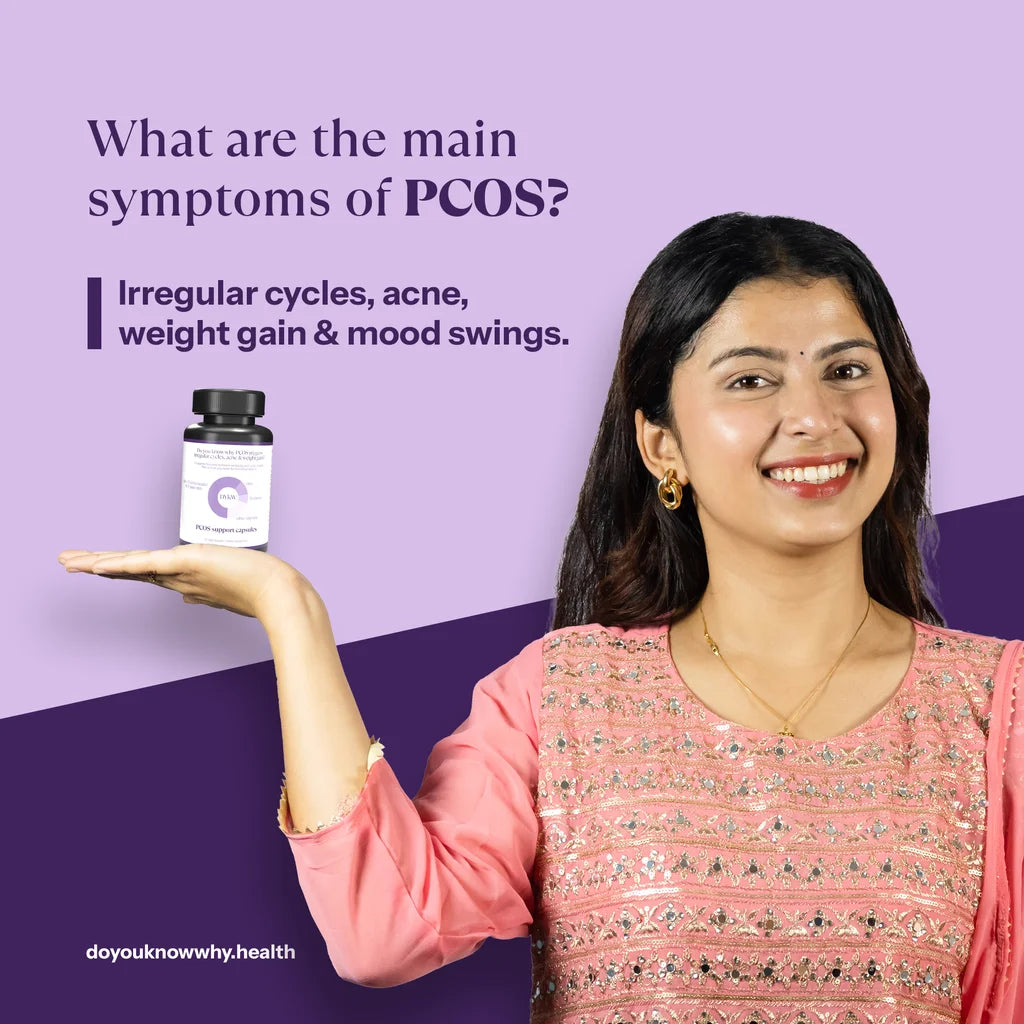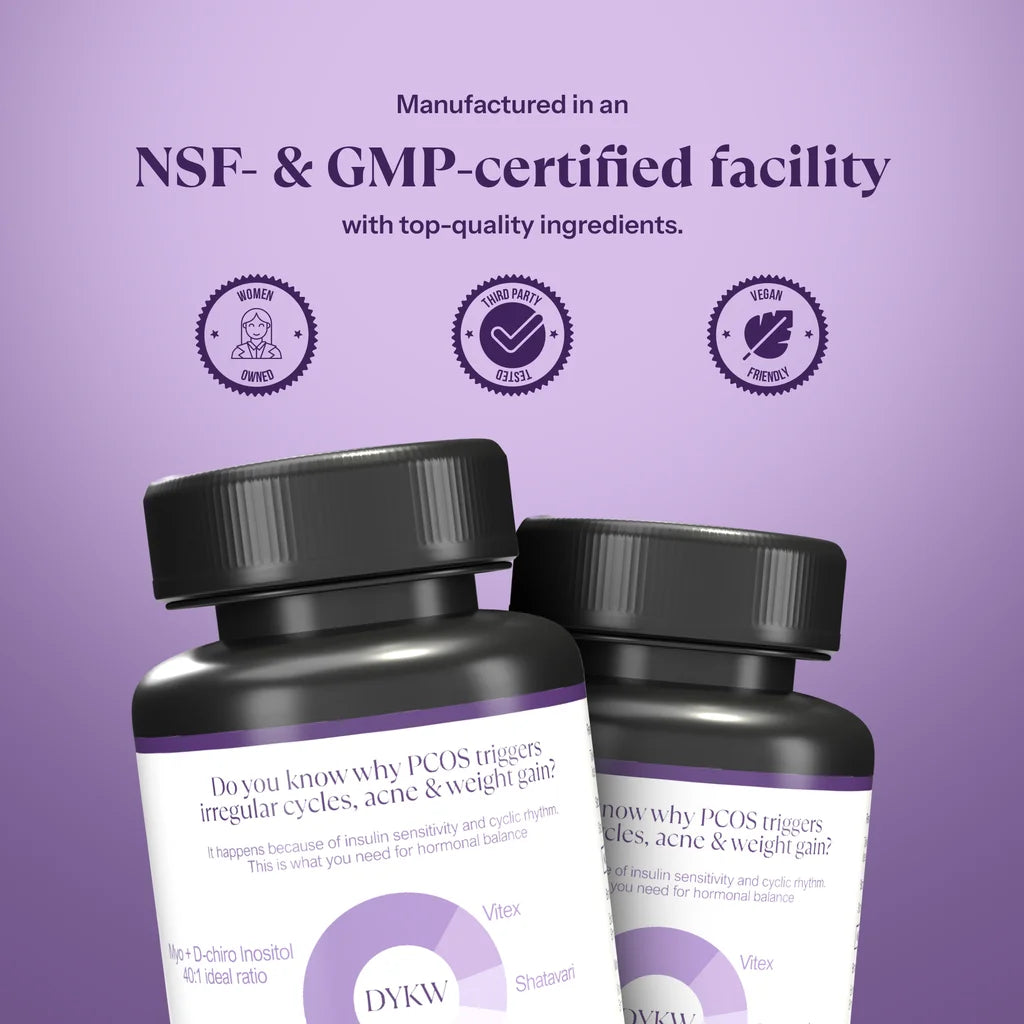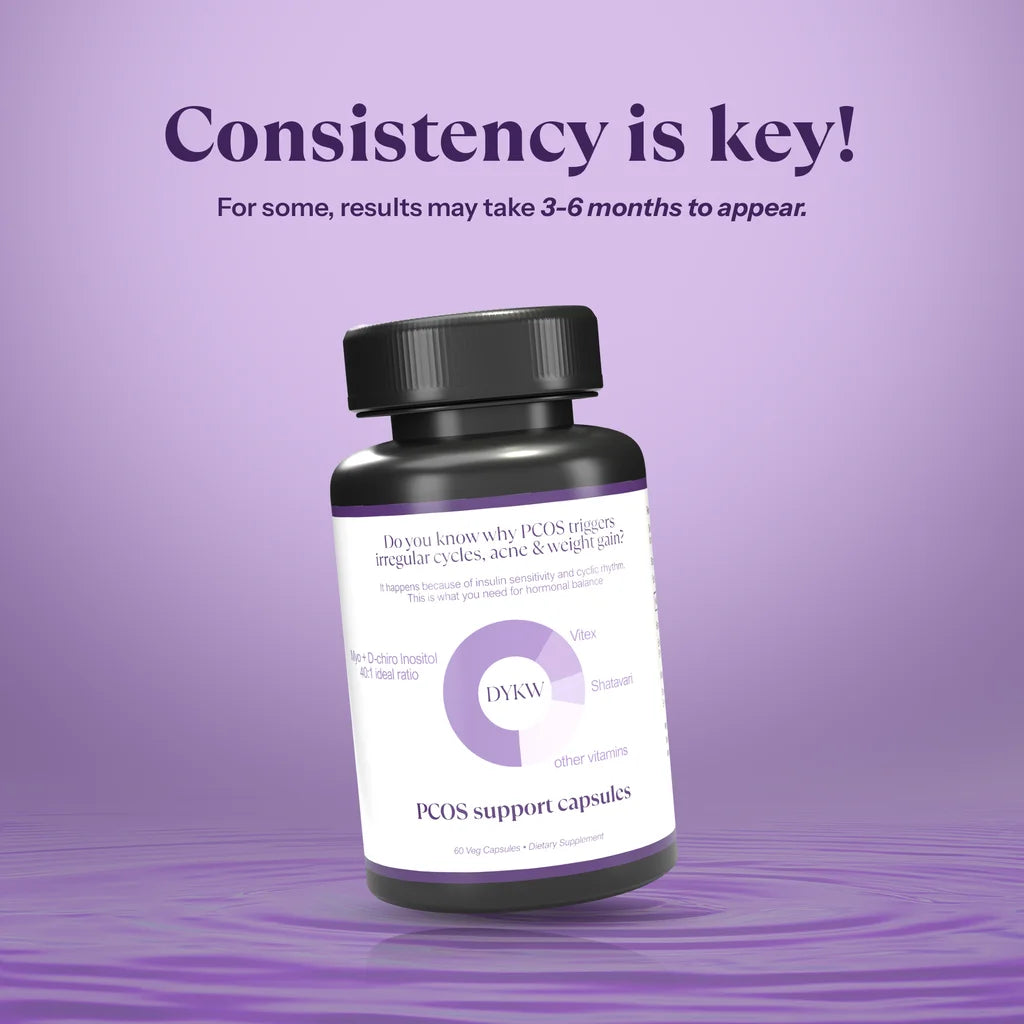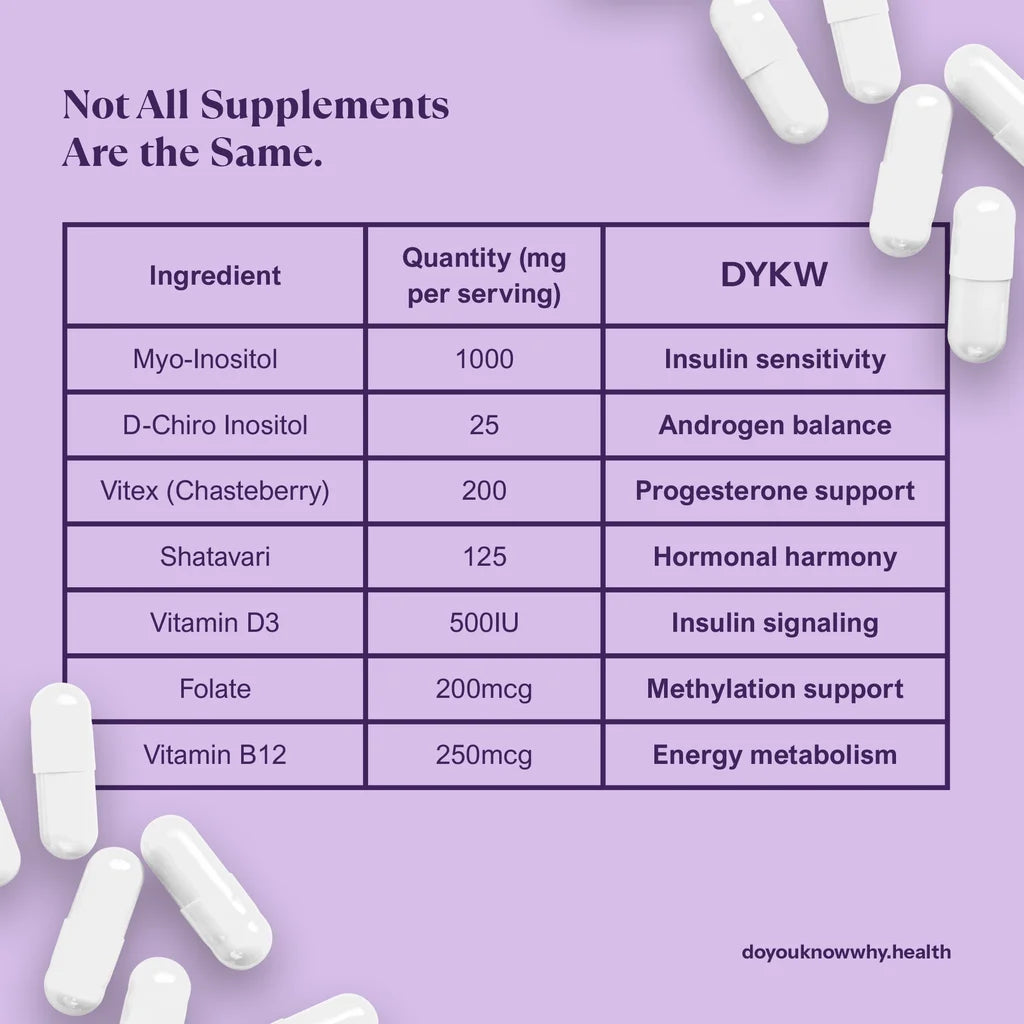What Is PCOS Belly? Causes, Solutions, and What Actually Works
Struggling with a stubborn, bloated midsection despite doing “all the right things”? PCOS belly is more than a cosmetic problem it’s a real, medically-recognized challenge with hidden causes. This guide breaks down the science, busts the myths, and delivers real, tested solutions that actually work.
Why “PCOS Belly” Hurts More Than Just Confidence
PCOS belly isn’t just about appearance it’s about reclaiming control over your body, energy, and mindset. For millions with PCOS (Polycystic Ovary Syndrome), unexplained abdominal weight, persistent bloating, or sluggishness can sap self-esteem and complicate health decisions. But you’re not alone and you’re not powerless. Let’s break down exactly what PCOS belly is, why it happens, and how to finally move beyond frustration.
What Actually Causes PCOS Belly?
Hormones and Insulin The Real Triggers
Abdominal weight gain in PCOS is driven by a perfect storm: high androgens (“male” hormones) and chronic insulin resistance. Insulin is a hormone that helps the body use and store energy; when resistant, your cells don’t respond properly, leading to more insulin, more fat storage (especially around the waist), and increased cravings.
Genetics, Metabolism, and Gut Health
Some women are genetically more likely to store fat viscerally, especially if close family members have metabolic syndrome or diabetes. Add in gut disruptions, chronic inflammation, or long-term dieting, and the challenge multiplies: your body holds onto fat as a “protection” mechanism, not laziness.
How To Know It’s Not “Just Bloating”
-
Persistent abdominal fullness (not just after meals)
-
Rapid weight gain, despite unchanged diet
-
Difficulty losing weight, especially around the midsection
-
Frequent fatigue or mood swings
-
Skin changes, unwanted hair growth, or irregular cycles (other PCOS markers)
Science-Backed Solutions
Diets That Work (and Fad Diets to Avoid)
-
Focus on anti-inflammatory eating: whole grains, lean proteins, lots of colorful veg, healthy fats.
-
Low-GI (Glycemic Index) choices stabilize blood sugar, fight insulin spikes.
-
Strict keto, no-carb, or fad cleanses might offer short-term relief but rarely work long-term, and can worsen hormone imbalances.
Exercise and Movement — What’s Proven
-
Strength training (weights, resistance bands) builds metabolism even at rest.
-
HIIT (High-Intensity Interval Training) increases insulin sensitivity.
-
Yoga and moderate cardio lower stress hormones, boost mood, and can help reduce abdominal fat.
Supplements — Facts, Not Hype
-
Myo-Inositol and D-Chiro-Inositol: Strong research supports their role in improving insulin sensitivity and supporting healthy cycles—talk to a health provider before starting.
-
Magnesium, Vitamin B6, Zinc: Useful for some symptoms, but not a substitute for a healthy diet.
-
Always check for third-party tested, reputable brands.
Stress & Sleep — The Overlooked Fix
Elevated cortisol (the “stress hormone”) is linked to more abdominal fat in PCOS. Prioritize regular sleep, mindfulness, and self-care routines. Small shifts like regular bedtime, reducing screen time, and practicing relaxation have an outsized impact on hormonal balance.
Your Journey, Not “One Size Fits All”
Every PCOS story is unique. What works for one person might not for another — and that’s okay. Surround yourself with supportive communities, consult credible experts, and let progress (not perfection) be the goal.
Summary Table: What Works vs. What Doesn’t
| Solution | PCOS Belly? | Real Evidence? |
|---|---|---|
| Anti-inflammatory Diet | ✅ | ✅ |
| Extreme Calorie Restriction | ❌ | ❌ |
| HIIT & Strength Training | ✅ | ✅ |
| Juice Cleanses | ❌ | ❌ |
| Myo/D-Chiro-Inositol | ✅ | ✅ |
| Fad Supplements | ❌ | ❌ |
| Consistent Sleep/Stress Mgmt |
